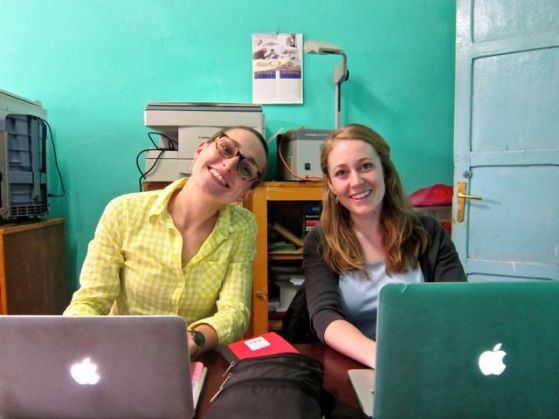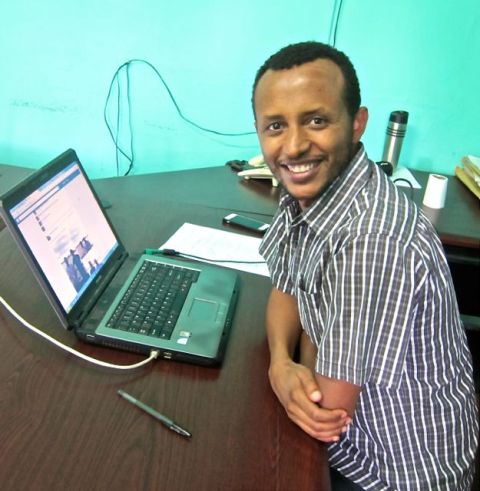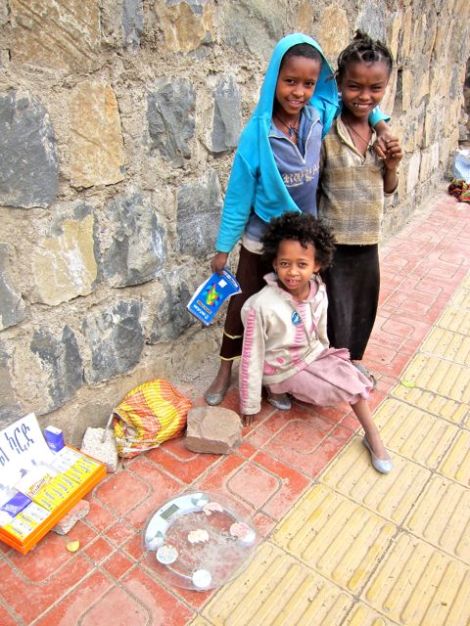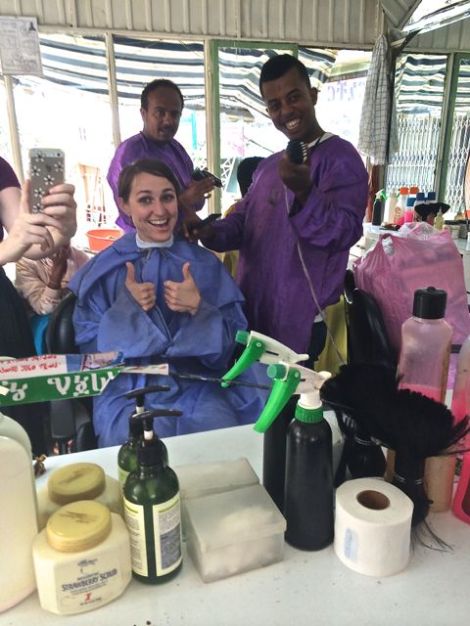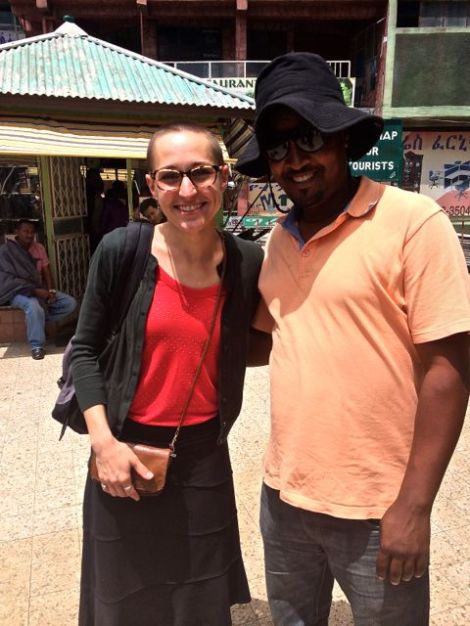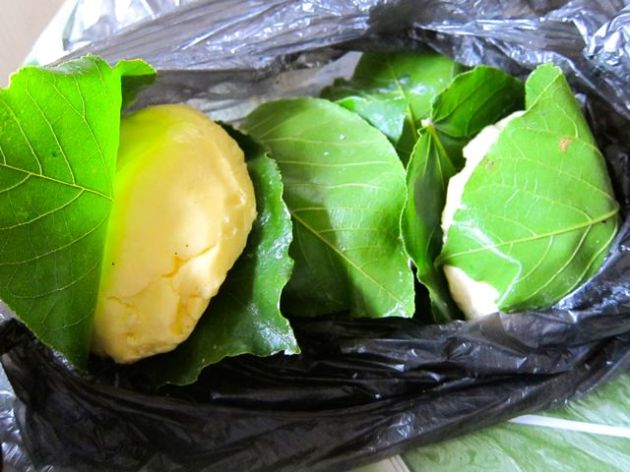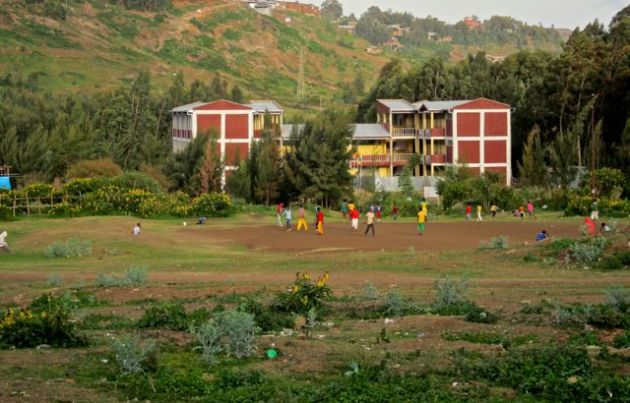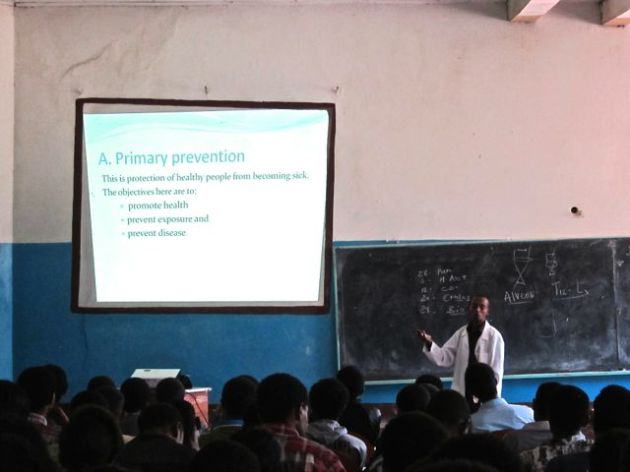The last week has been a bit less of a whirlwind than the previous, which has afforded me time to think. The pervasive, reoccurring theme in my thoughts has been meaning. As you may have gathered from my previous post, almost every name in Ethiopian culture is meaningful, which is often shared during the initial meeting and greeting. “Hello, my name is _______, which means________.” Similarly, everything in the church has a meaning. Now, when I say that everything has a meaning I mean EVERYTHING. There are often multiple, layered meanings; this holds true for names, objects, designs, ideas, you name it. This has become a bit of a joke between the American fellows and some of our Ethiopian colleagues. Be careful when you ask an Ethiopian Orthodox Christian what something in the church means, you better have some time to sit and listen. Adino, the name of one of our colleagues, means healer. His mother had a particularly difficult pregnancy and labor and when he was born, her health improved dramatically. Her improvement was attributed to the arrival of this baby boy, this “healer.” One of my favorite “meaningful” explanations thus far was in response to my inquiry as to why Orthodox churches are round. The answer was that the round shape represents the world, and the fact that God’s grace has no boundaries… or something like that.
In the midst of my thoughts and reflections about meaning I started reading the book of Ecclesiastes. One of our less religiously observant, Ethiopian colleagues mentioned that it was his favorite book in the Bible. He likes the way it contradicts the meaning ascribed to life throughout much of the rest of the scriptures. Ecclesiastes speaks of the meaninglessness of life and of all our activities on earth, and the backwardness of our world. “There is something else meaningless that occurs on earth: the righteous who get what the wicked deserve, and the wicked who get what the righteous deserve.” As I walk amongst people who live such a drastically different life than my own, and who have arguably received the “what the wicked deserve” undeservedly, I sit with Ecclesiastes. I sit with uncomfortable questions left unanswered and frustrations unsettled. Comfort and explanation evade me and somehow the unease feels right, appropriate. I am trying to embrace the complexity of this place and lean into the questions, even if I know there will be no answers. In the midst of the “meaning” ascribed to all things here, I acknowledge meaninglessness. Ironically, the question that I end up with is, “what does meaninglessness mean?”
On a lighter note, Kate and I had a rather humorous weekend as we attempted to make a cake for our colleague, Getahun’s upcoming birthday. Luckily we had designated this a trial run because we failed miserably. The main culprits, among many were the wrong oil, and “butter” that absolutely could not have been intended for human consumption. We laughed and learned from our baking woes and on the up side our hunt for ingredients gifted us with some very fresh milk and some new friends.
This morning we had the privilege of attending a lecture by Kefyalew given to third year medical students. It was fun to see our colleague up front commanding the attention of his students. He spoke about the cascade of disease transmission and primary, secondary and tertiary disease prevention… what a necessary and vital topic for these students! They were attentive and participatory throughout Kefyalew’s well prepared lecture.
The upcoming week holds a visit to the Woleka clinic where the original SCOPE Soul Fathers project was implemented as well as a visit to the North Gondar Diocese. As my thoughts meander from the mundane to meaningful, I look forward to the activities and experiences that lie ahead, and the continued unanswered questions that will undoubtedly meet me.
What Kate and I looked like for most of the week.
Dr. Getahun, who always greets us with a warm smile and shares his office and desk with us.
Notice the scale. The presence of scales in the street stems from the original HIV/AIDS outbreak in Ethiopia when people monitored their weight as a way to measure disease progression.
In other news, the hair didn’t last long…
Mickey: trusted taxi driver and owner of the barber shop responsible for my fresh do.
“butter”
One of the views on our almost daily walk to the hospital where Getahun and Kefyalew work.
Kefyalew in this morning’s lecture.
